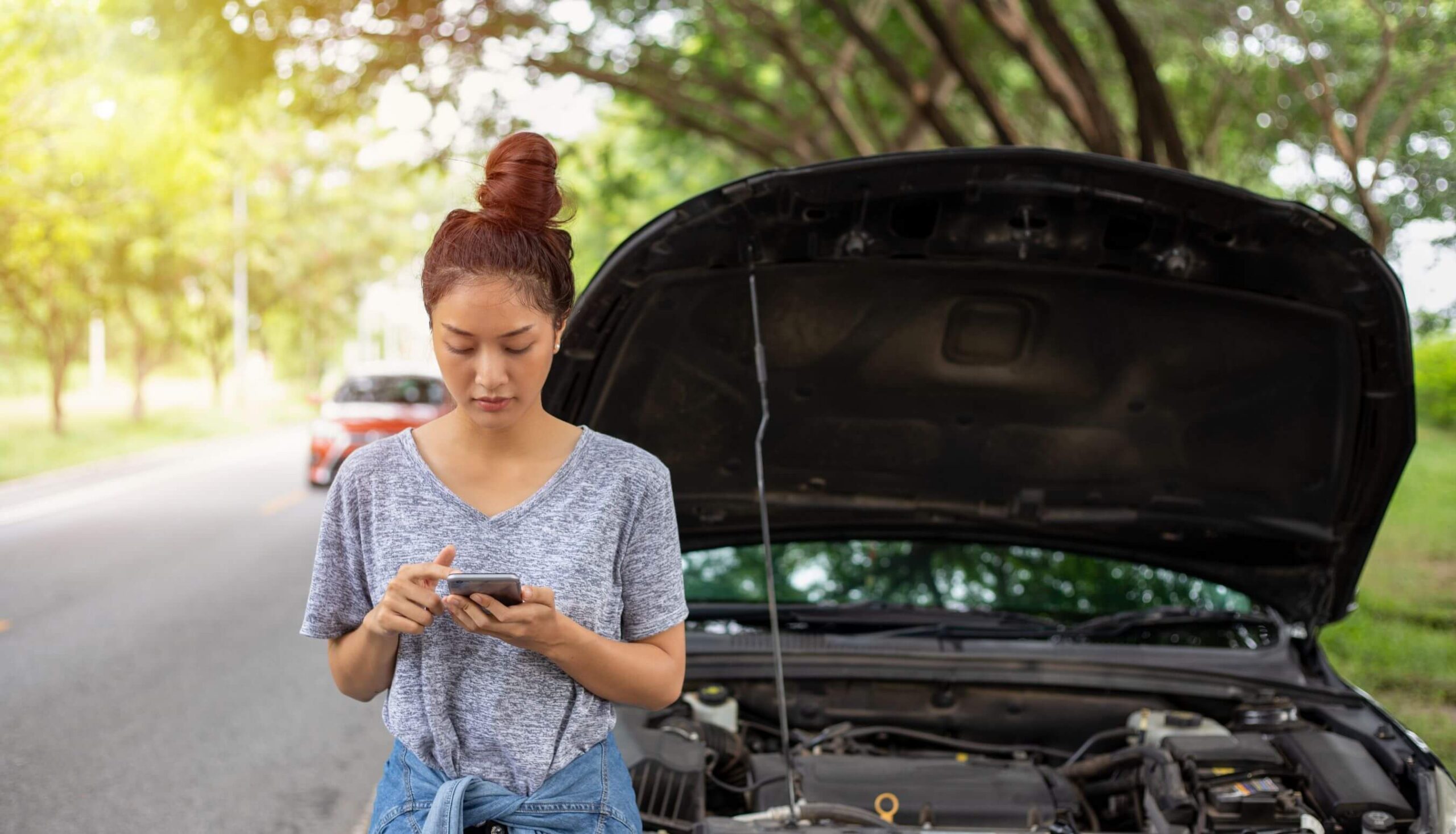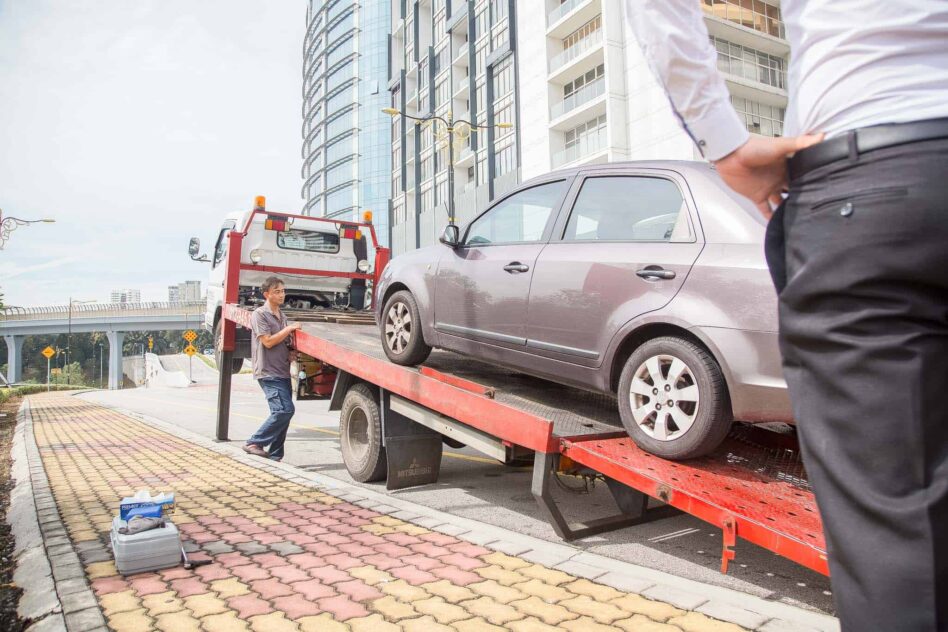
MOTOR vehicles on the road can suddenly be rendered immobile due to electrical or mechanical failures or accidental damage.
When this happens, the vehicle should not be left on the road impeding traffic flow. It must be moved to the side as much as possible and no one should remain in the car. Passengers are to wait further down the road or away from traffic as much as possible.
Such precautions are necessary as oncoming traffic could crash into stationary vehicles, which has often occurred in the past.
Some motorists may be able to contact their regular mechanics or tow truck drivers but they are of no help if too far away. If private cars are under comprehensive cover, owners could choose insurers that provide free 24-hour roadside assistance nationwide.
Using motorbikes and unaffected by traffic congestion, their technicians can arrive swiftly to carry out minor repairs.
If cars damaged by accidents can no longer be driven, they would be towed or placed on flatbed trucks and brought to a police station before being sent to a panel workshop.
But what if the car is not covered under comprehensive insurance, or roadside assistance service is not available and without the contact number of a mechanic or tow truck driver? In the hour of need, the chances of good Samaritans appearing are the same as scammers.
Over the past decades, many motorists found out too late that they were forced to cough out large sums of money to have their cars released from dubious workshops after naively agreeing to sign some papers allowing sweet-talking operators to tow their immobile cars away.
In Malaysia, the emergency number is 999 but is not meant for vehicle breakdowns and accidental damage. Calls to this number will be rerouted to either the police, ambulance, Fire and Rescue, or more than one of these services.
Emergency calls are free and can be made by prepaid phone subscribers who have run out of credit. Therefore, the public needs to be educated and reminded of this facility.
Here’s my proposal: Introduce an emergency number for roadside assistance. I am not calling on the authorities to provide such a service.
I am proposing an idea for entrepreneurs to create a startup that could be developed into the next unicorn company in Malaysia.
The best number to use for roadside assistance is 333, as triple three is easy to remember. There are millions of older cars on the road without comprehensive motor insurance and many will need this service.

Whoever succeeded in using 333 as the emergency number for calling roadside assistance can easily expand the platform to offer many other motoring services needed by millions, which include sales of new and used cars, parts, accessories, services, repairs, parking, rentals, etc.
And that is only the start. With a growing customer database and increasing investors funding, it could easily move to other areas such as offering assistance needed in residences and offices or just about anywhere or any service. The mobile app can simply be called 333 Assistance.
This reminds me of the early days of a unicorn. Anthony Tan started with a noble intention, and that was to find ways to get female taxi passengers to return home safely, especially at night. He started a service called Chauffeur Safe, a much safer option than street hailing for a cab.
This was told to me in 2011 when I met him twice together with a multinational group from the Harvard Business School MBA class of 2011.
I was there to brief them about the taxi industry in Malaysia, as I drove taxis between 2000 and 2010 and later was a trainer for taxi drivers.
During the briefing, Anthony disclosed that he was partnering with Maxis to develop a mobile app for hailing taxis. In June 2012, the MyTeksi app was launched.
Uber entered Malaysia in 2014, forcing Anthony to add private cars to taxi services. In 2016, MyTeksi was changed to Grab.
In 2018, Uber withdrew from Southeast Asia in exchange for a 27.5% stake in Grab. In 2011, Grab was listed on Nasdaq and today, its market capitalisation is US$13.55 bil (RM64.5 bil).
Likewise, you may also be rewarded if you carry through a noble mission for society, such as providing roadside assistance in the darkest hour for stranded motorists.
YS Chan is master trainer for Mesra Malaysia and Travel and Tours Enhancement Course and an Asean Tourism Master Trainer. He is also a tourism and transport business consultant.
The views expressed are solely of the author and do not necessarily reflect those of MMKtT.
- Focus Malaysia



No comments:
Post a Comment
Note: Only a member of this blog may post a comment.